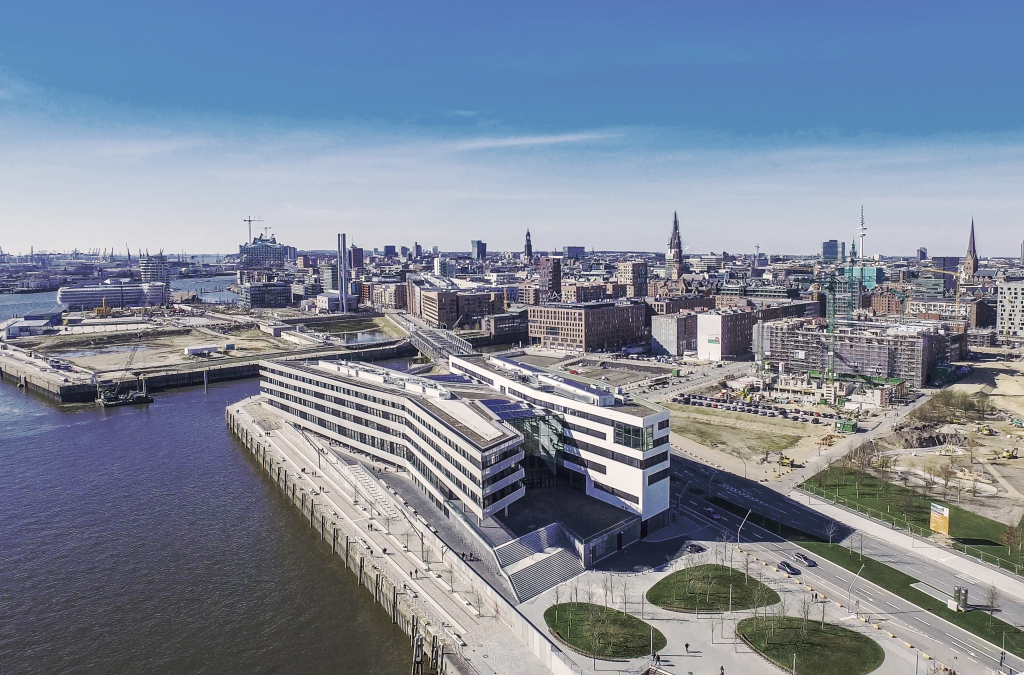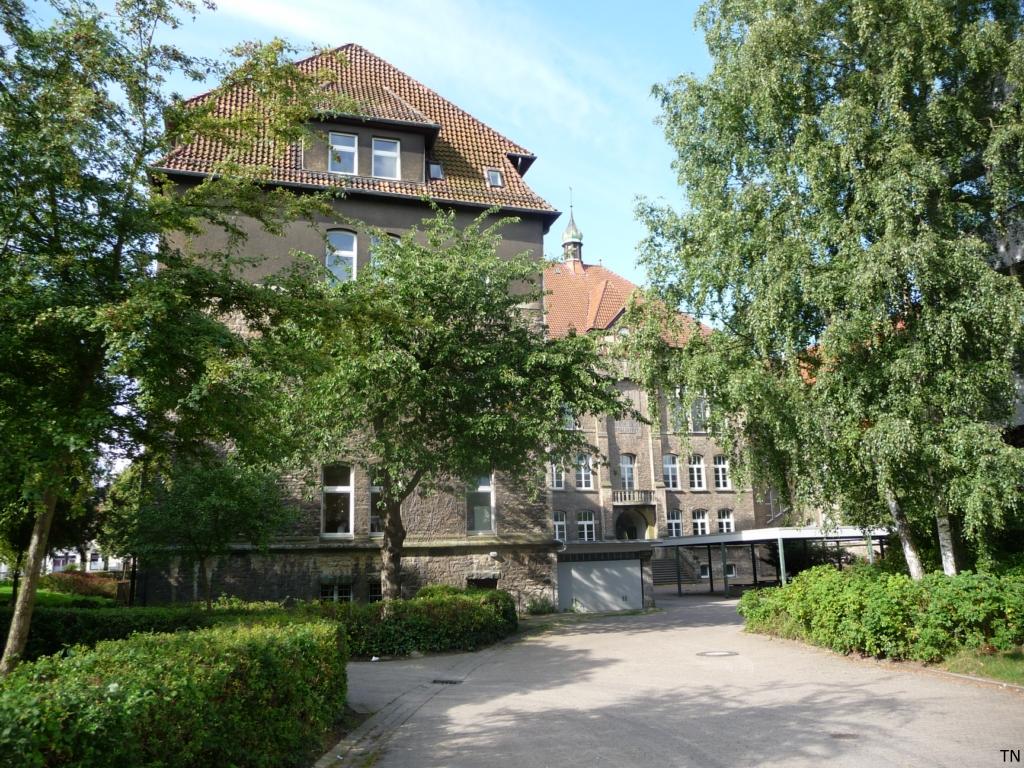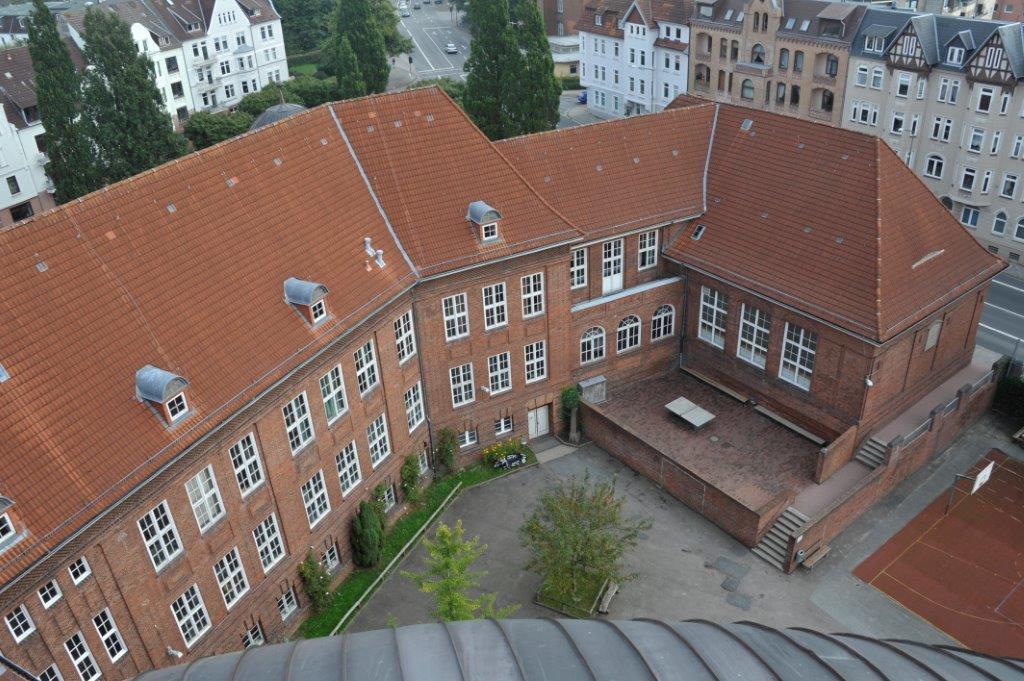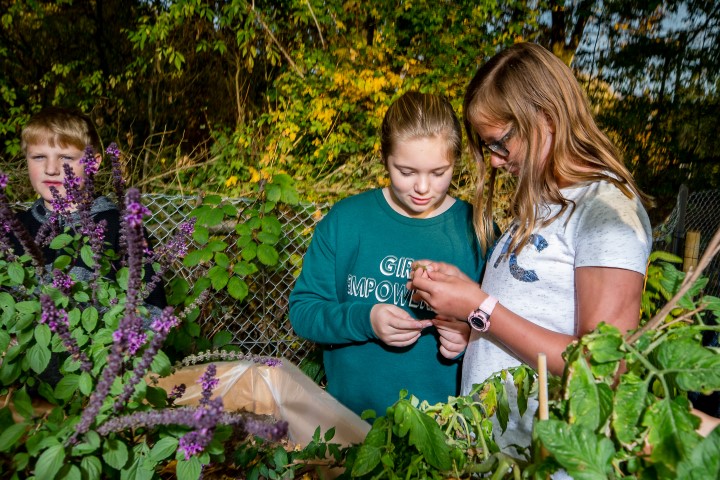HCU
The HafenCity University Hamburg is the University Of The Built Environment And Metropolitan Development (HCU). The education and research at the HCU Hamburg are aimed at contemplating and concretising what the future of metropolitan areas could and should look like. Coping with this future will, however, require a systematic interdisciplinary as well as a transdisciplinary approach. For this reason, the HCU offers the entire range of disciplines required for understanding and designing the urban environment:
- Architecture, Civil Engineering, Geomatics, Urban Planning – in each case as a Bachelor’s degree with the option to continue studying to obtain a Master’s degree
- Metropolitan Culture and Technical Building Services with Digital Infrastructure – as a Bachelor programmes
- Urban Design and Resource Efficiency in Architecture and Planning (REAP) – as interdisciplinary Master’s degrees
- Cross-curricular Programme, an inter- and transdisciplinary programme, complements the curriculum of the individual study programms at the HCU.
https://www.hcu-hamburg.de/en/university

Digital City Science
At HCU, the chair of Digital City Science (DCS) is responsible for VIRION. DCS explores urban complexity with digital technologies. Our team develops scientific new approaches for the analysis and integrative planning of urban systems. For this purpose, the team comprises expertise in architectural design, urban and spatial planning, media technology, IT, and software development, among others. In cooperation with partners from academia, business, administration, and civil society, we develop data-based tools and methodologies that are applied in the national and international context. Our scientific activities span from fundamental research across applied projects to knowledge transfer in scientific teaching and training.
https://www.hcu-hamburg.de/en/research/digital-city-science
HCU Team
Benjamin Dally studied spatial planning at TU Dortmund and KTH Stockholm. He then worked on research projects, in municipal consulting, as a freelance planner and in NGOs to promote sustainable spatial development. His eclectic project list includes: A digital tool for the neighborhood energy transition, a guide for the future-oriented transformation of parking garages, the development of a civil society cargo bike sharing system, a baseline study for a regional resource strategy, an investigation into innovative flood protection through house elevation or a concept on the evolution on the German regional development tool Dorfwettbewerb (village competition). His interests focus on the structures and instruments of planning action.
Juiwen Ariel Chang, has been working at HCU as research associate since 2017. She was graduated from University of Edinburgh in 2013 and worked for Hampshire County Council and German Aerospace Center since then. Her specialties focus on GIS python programming, remote sensing and has some experience in system design and implementation.
Participating Schools in the German Team
Gymnasium Leopoldinum (Detmold, Nordrhein-Westfalen, Germany)
The Leopoldinum is a secondary school for around 900 pupils ageing 10 to 18 in the center of Detmold, which can look back on more than 400 years of tradition with a focus on natural sciences and languages. In November 2014, Gymnasium Leopoldinum was officially accepted into the STEM Excellence Network by the Association of Mathematics and Science Excellence Centers at Schools.
https://www.gymnasium-leopoldinum-detmold.de/

Goethe-Gymnasium (Flensburg, Schleswig-Holstein, Germany)
The Goethe School is a grammar school in the city of Flensburg on the east side of the Flensburg fjord. At present, a good 770 pupils of ages 10 to 18 attend the school, half from the city and half from the surrounding areas. The staff consists of 63 teachers. The school’s focus and special features are its status as a European School, its focus on modern media and the Center for Gifted and Talented Students.
https://www.goethe.flensburg.de/

Stadtteilschule Lohbrügge (Hamburg, Germany)
The STS Lohbrügge is a secondary school focusing on the Hamburg neighbourhood of Lohbrügge in the very east of Hamburg. Around 140 teachers offer education for a multicultural community of 1300 students between ages 10 and 16 or 19 with a matriculation examination. The school focuses on themes such as environmental protection, digital development, STEM education and career orientation.
https://stadtteilschule-lohbruegge.hamburg.de/

